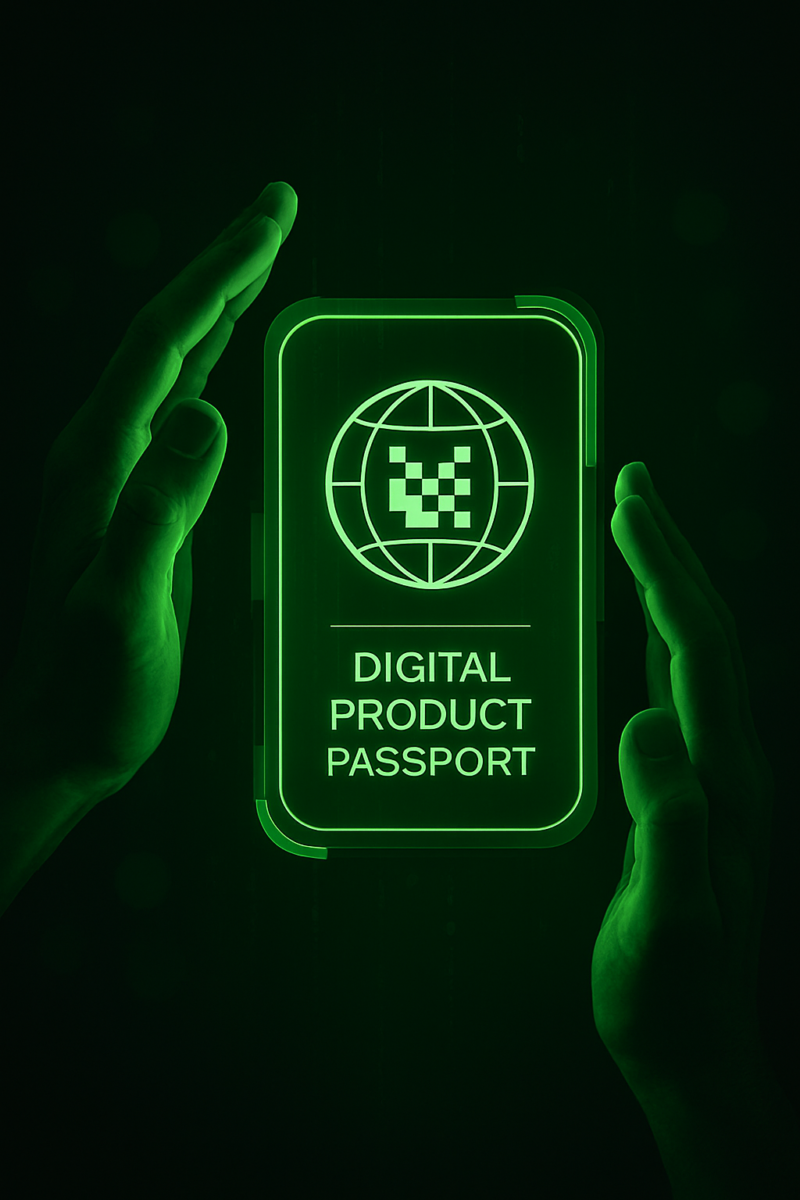Pass4Sustainability explores how usage-phase data can drive circularity in practice
Most conversations about Digital Product Passports (DPPs) focus on raw materials and production. But what about what happens after the product is sold? That’s the focus for Pass4Sustainability, a research project led by Jönköping University – now part of the SwePass consortium.
The team is especially interested in how data from the usage phase, such as how a product is used, maintained or reused, can help improve sustainability. Their work explores how DPPs can be designed not only to meet regulations, but to actually support better decisions throughout a product’s life.
– For DPPs to make a real difference, we need to think beyond compliance. It’s about making sure the data is useful in practice, says Annika Moscati, Associate Professor in Information and Communication Technology at Jönköping University.
Three challenges they’re working on
Pass4Sustainability focuses on three key areas where usage-phase data can play a bigger role:
- What data is needed in the usage phase to make circular decisions (like reuse, repair or recycling)?
- How can data be protected and kept secure, reliable and available over time?
- How can companies use DPP data during the design and production phases to support the development of more sustainable products and systems with a focus on circularity?
These questions are explored in three subprojects. All are aimed at making sure DPPs don’t just collect data, but actually support action.
Why they joined SwePass
For the team at Jönköping University, SwePass is a chance to test ideas in a broader context and connect with others who are working on the same issues, from different sectors.
One concrete contribution is a self-assessment tool now being developed. It will help Swedish companies understand how ready they are to work with DPPs—and where they may need to improve. Through SwePass, the team can share this tool more widely and gather input from industry.
– SwePass gives us a way to make our research more useful. We can share what we’re learning and get feedback from companies and partners, says Annika Moscati.
By contributing to SwePass, Pass4Sustainability focuses on the often-overlooked usage phase of a product’s life cycle, showing how data on use and maintenance can support more sustainable decisions throughout the entire lifecycle.
